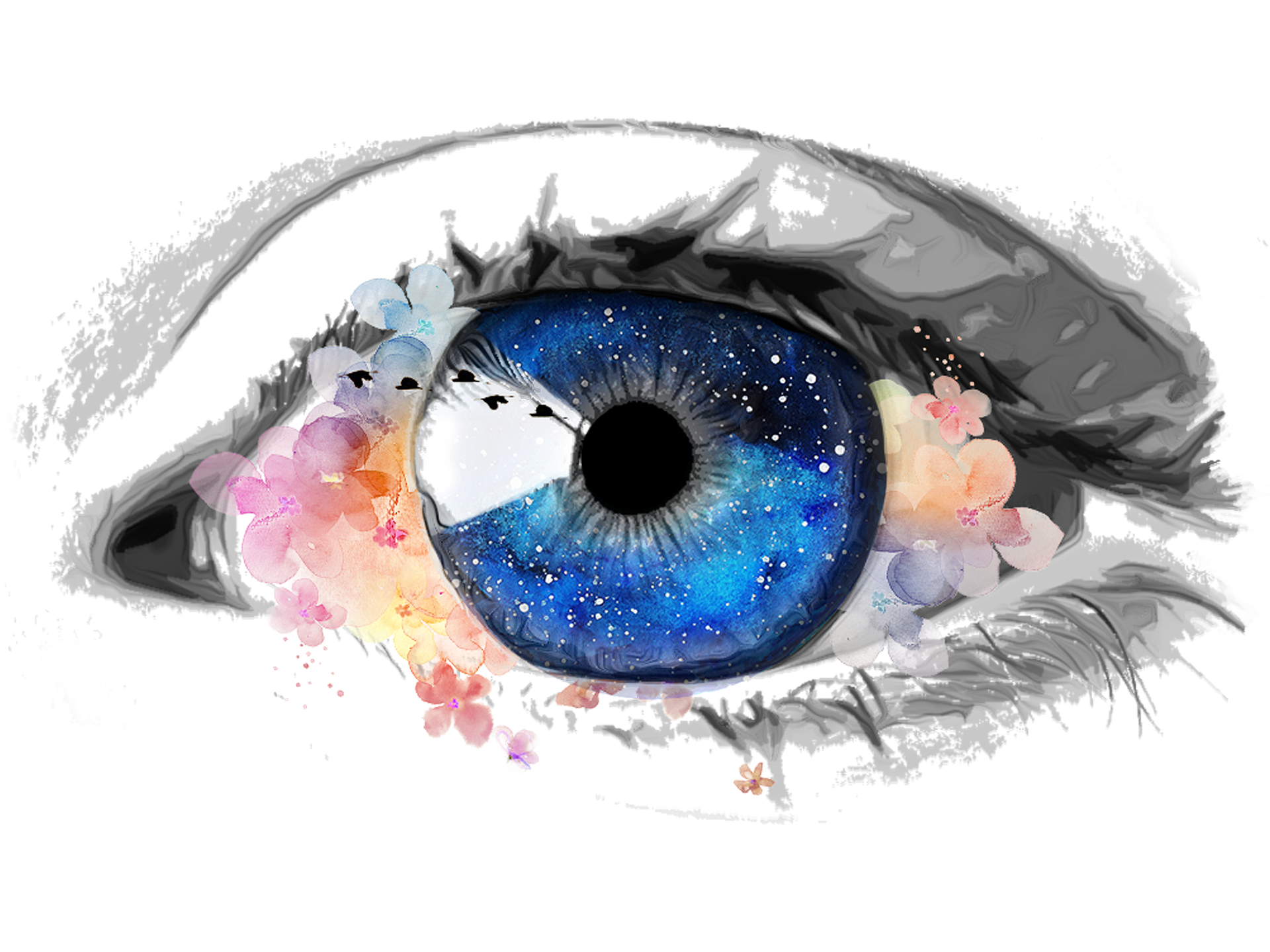Handling guilt can be challenging
When was the last time you felt guilty, or are you still carrying some guilt?
I felt guilty for many years for many things which I had done. But now, when I look back, I realise that most of the reasons were uncalled for.
In this ambition-driven, competitive world, we feel guilty most of the time.
When I used to work professionally, I would feel guilty for not giving enough time to my family. When I stopped working (post motherhood), I felt guilty for not being a good role model for my daughter by being a housewife. I used to feel guilty when my parents needed me but I couldn’t be with them as I was taking care of my ageing mother-in-law, for saying something to someone in anger which I didn’t mean to, and the worst — I used to feel guilty that I am not giving myself enough time as I am someone who strongly believe in ‘Me time’, for it keeps me sane and content.
As per a 2010 study done in Spain, women feel more guilty than men due to their sensitive nature, and, I guess, our society has taken the best advantage of this.
Most of us, at some point in our life, have been conditioned to feel guilty for acting or thinking a certain way. And it comes usually from our own family, society, culture and religion — consciously or subconsciously.
Guilt is actually a by-product of our actions conflicting with our own or externally imposed beliefs and moral code. And as Swami ji said in one of his discourses: nothing burdens our soul like guilt.
Earlier guilt was used as a powerful tool to manipulate someone’s behaviour, to keep people’s morale, and to make them obey certain rules and regulations. And somewhere we are still use it in a similar way.
Remember when we were kids, our parents used to make us feel guilty for doing something which they disapproved of? And in order to win back their love and confidence, we would change our approach. That was manipulation.
I know many parents make their grownup kids feel guilty for not calling them regularly, and even taunting them saying, ‘We did so much for you’.
These days kids also manipulate their parents (though sometimes unintentionally and just to get their demands fulfilled) making them feel guilty of maybe as parents they are failing or not doing enough for them.
In our culture if we get into any sexual activity before marriage we are made to feel guilty.
Our constant need to seek approval from others (due to years of conditioning of wo char log kya kahenge) is also one of the main reason to feel guilty because if we did something which is not widely accepted by large number of people, then we feel bad because we broke the so called rules, even if it didn’t hurt anyone in the process but only because we were told for years not to do that.
And of course our religion too has a role. If we think or act in a way which is not in the line with the teachings of the religion we follow, we feel guilty.
For long I used to contemplate on how to overcome this not so happy, uncomfortable and private feeling of Guilt. Then I came across a beautiful thing which is taught in Buddhism.
Buddhist people do not encourage the emotion of guilt. They make us believe that we need to learn to take the full responsibility of our words, actions and thoughts and if we are mature enough to do so there will be no scope of guilt.
We need to understand that the fact of the matter is we cannot undo our words or actions , at most we can apologise, regret, repent or will heal over time. What is important is to believe that we did the best as per our understanding at that particular time and there is no point of feeling guilty now.
We can never be happy by pretending to be someone else. That’s why we need to decide our own moral beliefs, boundaries , rules and should learn to live by those code of conducts and principles. The moment we learn to live by externally imposed rules, we will experience conflict resulting in guilt.
And as Swami ji had said in one of his discourse that Nature doesn’t care about moral conduct, I too have started to realise this. It is all man made. Nature only wants us to grow, evolve, do our duties sincerely, be compassionate and kind.
The only positive aspect of guilt as per my understanding so far is that it gives us the scope to improve, rethink our act and being more mindful of our actions and words.
I am slowly learning to live in the moment and let go of any guilt. I even apologised to people in the process without expecting forgiveness (as everyone can not be at my frequency to understand why I am doing this). But I know it has helped me and I sleep peacefully these days.
